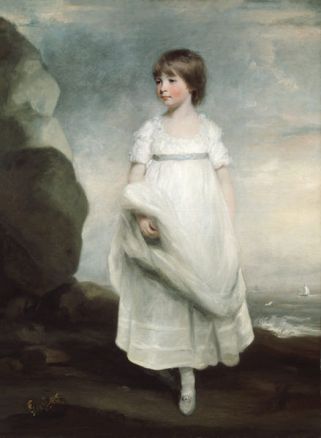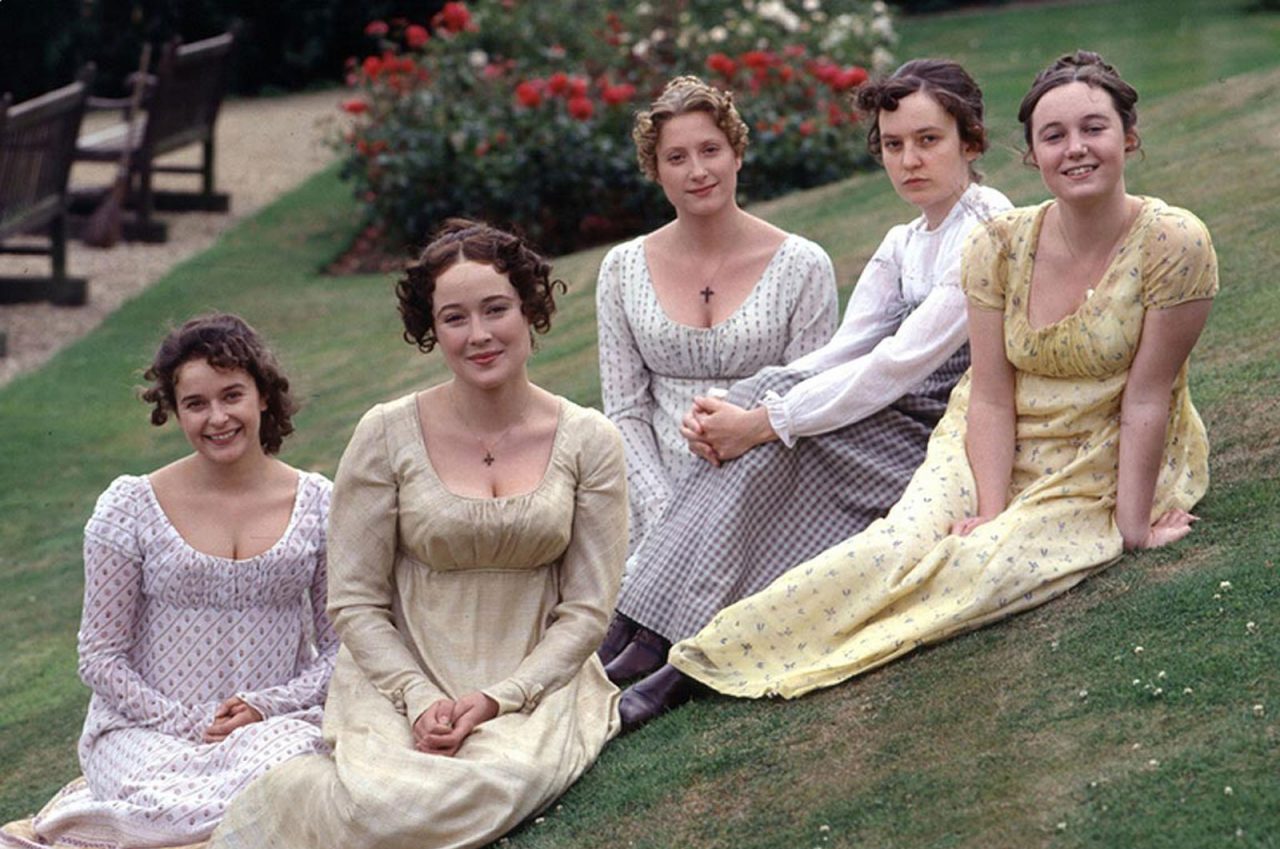
I recently explored the life of Lord Byron. It’s worth noting (after all, he didn’t make my top 400) that Byron was often considered the greatest of his generation. For me, while his work has a profound beauty and a classical tenor, the bulk of his works don’t resound down the ages for me as much as his contemporaries like Keats and Shelley. But he very much captures the zeitgeist, and the self-reliant, tortured hero of his epics can be found – the Byronic mode, one might say – in Pushkin and the Brontë sisters among others.
Byronmania was perhaps unprecedented. Says Harold Bloom: “No celebrity… can compete with Byron, archetype of notoriety, scandal and erotic variety – all of them mixed together in a polymorphously perverse brew and then distilled into superb poetry.”
Byron, like Beethoven, is one of the heroes. So many of the other young radicals – Wordsworth and Coleridge among them – went conservative later in life. Byron, instead, refused to give up his ideals. The poet left a memoir but his published infamously burned it to cover up some of the more shocking elements of his life. It’s deeply frustrating, but has left the field open for great biographers to sink their teeth in. And in terms of fictional approaches, I have heard good things about Benjamin Markovitz’s Byron trilogy.
Said Byron of himself: “I am such a strange melange of good and evil that it would be difficult to describe me.”
More poems below. (I ran out of room, but see also The Destruction of Sennacherib.)

So, we’ll go no more a roving (1817)
Sent in a letter to Thomas Moore
So, we’ll go no more a-roving
So late into the night,
Though the heart be still as loving,
And the moon be still as bright.
For the sword outwears its sheath,
And the soul wears out the breast,
And the heart must pause to breathe,
And love itself have rest.
Though the night was made for loving,
And the day returns too soon,
Yet we’ll go no more a-roving
By the light of the moon.
Don Juan
Byron’s epic poem was left unfinished at his death.
Canto III
Verses V – IX

‘T is melancholy, and a fearful sign
Of human frailty, folly, also crime,
That love and marriage rarely can combine,
Although they both are born in the same clime;
Marriage from love, like vinegar from wine—
A sad, sour, sober beverage—by time
Is sharpen’d from its high celestial flavour
Down to a very homely household savour.
There ‘s something of antipathy, as ‘t were,
Between their present and their future state;
A kind of flattery that ‘s hardly fair
Is used until the truth arrives too late—
Yet what can people do, except despair?
The same things change their names at such a rate;
For instance—passion in a lover ‘s glorious,
But in a husband is pronounced uxorious.
Men grow ashamed of being so very fond;
They sometimes also get a little tired
(But that, of course, is rare), and then despond:
The same things cannot always be admired,
Yet ‘t is ‘so nominated in the bond,’
That both are tied till one shall have expired.
Sad thought! to lose the spouse that was adorning
Our days, and put one’s servants into mourning.
There ‘s doubtless something in domestic doings
Which forms, in fact, true love’s antithesis;
Romances paint at full length people’s wooings,
But only give a bust of marriages;
For no one cares for matrimonial cooings,
There ‘s nothing wrong in a connubial kiss:
Think you, if Laura had been Petrarch’s wife,
He would have written sonnets all his life?
All tragedies are finish’d by a death,
All comedies are ended by a marriage;
The future states of both are left to faith,
For authors fear description might disparage
The worlds to come of both, or fall beneath,
And then both worlds would punish their miscarriage;
So leaving each their priest and prayer-book ready,
They say no more of Death or of the Lady.
Written After Swimming from Sestos to Abydos
1.
If, in the month of dark December,
Leander, who was nightly wont
(What maid will not the tale remember?)
To cross thy stream, broad Hellespont!
2.
If, when the wintry tempest roared,
He sped to Hero, nothing loath,
And thus of old thy current poured,
Fair Venus! how I pity both!
3.
For me, degenerate modern wretch,
Though in the genial month of May,
My dripping limbs I faintly stretch,
And think I’ve done a feat to-day.
4.
But since he crossed the rapid tide,
According to the doubtful story,
To woo,—and—Lord knows what beside,
And swam for Love, as I for Glory;
5.
‘Twere hard to say who fared the best:
Sad mortals! thus the Gods still plague you!
He lost his labour, I my jest:
For he was drowned, and I’ve the ague.
Childe Harold’s Pilgrimage
One of Byron’s first longer poems, Childe Harold was written over six years, the story of a young man travelling the world in search of adventure, but feeling only melancholy and world-weariness. The Byronic hero par excellence.

Canto IV, Verse CXXXVII
But I have lived, and have not lived in vain:
My mind may lose its force, my blood its fire,
And my frame perish even in conquering pain,
But there is that within me which shall tire
Torture and Time, and breathe when I expire:
Something unearthly, which they deem not of,
Like the remembered tone of a mute lyre,
Shall on their softened spirits sink, and move
In hearts all rocky now the late remorse of love.
Canto IV, CLXXVIII – CLXXXIV – the “ocean sonnets”
There is a pleasure in the pathless woods,
There is a rapture on the lonely shore,
There is society, where none intrudes,
By the deep Sea, and music in its roar:
I love not Man the less, but Nature more,
From these our interviews, in which I steal
From all I may be, or have been before,
To mingle with the Universe, and feel
What I can ne’er express, yet cannot all conceal.
CLXXIX
Roll on, thou deep and dark blue Ocean — roll!
Ten thousand fleets sweep over thee in vain;
Man marks the earth with ruin — his control
Stops with the shore; — upon the watery plain
The wrecks are all thy deed, nor doth remain
A shadow of man’s ravage, save his own,
When, for a moment, like a drop of rain,
He sinks into thy depths with bubbling groan,
Without a grave, unknell’d, uncoffin’d, and unknown.
CLXXX
His steps are not upon thy paths, — thy fields
Are not a spoil for him, — thou dost arise
And shake him from thee; the vile strength he wields
For earth’s destruction thou dost all despise,
Spurning him from thy bosom to the skies,
And send’st him, shivering in thy playful spray
And howling, to his Gods, where haply lies
His petty hope in some near port or bay,
And dashest him again to earth: — there let him lay.
CLXXXI
The armaments which thunder — strike the walls
Of rock-built cities, bidding nations quake,
And monarchs tremble in their capitals,
The oak leviathans, whose huge ribs make
Their clay creator the vain title take
Of lord of thee, and arbiter of war;
These are thy toys, and, as the snowy flake,
They melt into thy yeast of waves, which mar
Alike the Armada’s pride, or spoils of Trafalgar.
CLXXXII
Thy shores are empires, changed in all save thee —
Assyria, Greece, Rome, Carthage, what are they?
Thy waters washed them power while they were free,
And many a tyrant since; their shores obey
The stranger, slave, or savage; their decay
Has dried up realms to deserts: — not so thou,
Unchangeable save to thy wild waves’ play —
Time writes no wrinkle on thine azure brow —
Such as creation’s dawn beheld, thou rollest now.
CLXXXIII
Thou glorious mirror, where the Almighty’s form
Glasses itself in tempests; in all time,
Calm or convulsed — in breeze, or gale, or storm,
Icing the pole, or in the torrid clime,
Dark — heaving; — boundless, endless, and sublime —
The image of eternity — the throne
Of the Invisible; even from out thy slime
The monsters of the deep are made; each zone
Obeys thee; thou goest forth, dread, fathomless, alone.
CLXXXIV
And I have loved thee, Ocean! and my joy
Of youthful sports was on thy breast to be
Borne, like thy bubble, onward: from a boy
I wanton’d with thy breakers — they to me
Were a delight; and if the freshing sea
Made them a terror — ’twas a pleasing fear,
For I was as it were a child of thee,
And trusted to thy billows far and near,
And laid my hand upon thy mane — as I do here.

Last Words On Greece (1824)
What are to me those honours or renown
Past or to come, a new born people’s cry?
Albeit for such I could despise a crown
Of aught save laurel, or for such could die.
I am a fool of passion, and a frown
Of thine to me is an adder’s eye
To the poor bird whose pinion fluttering down
Wafts unto death the breast it bore so high;
Such is this maddening fascination grown,
So strong thy magic or so weak am I.
